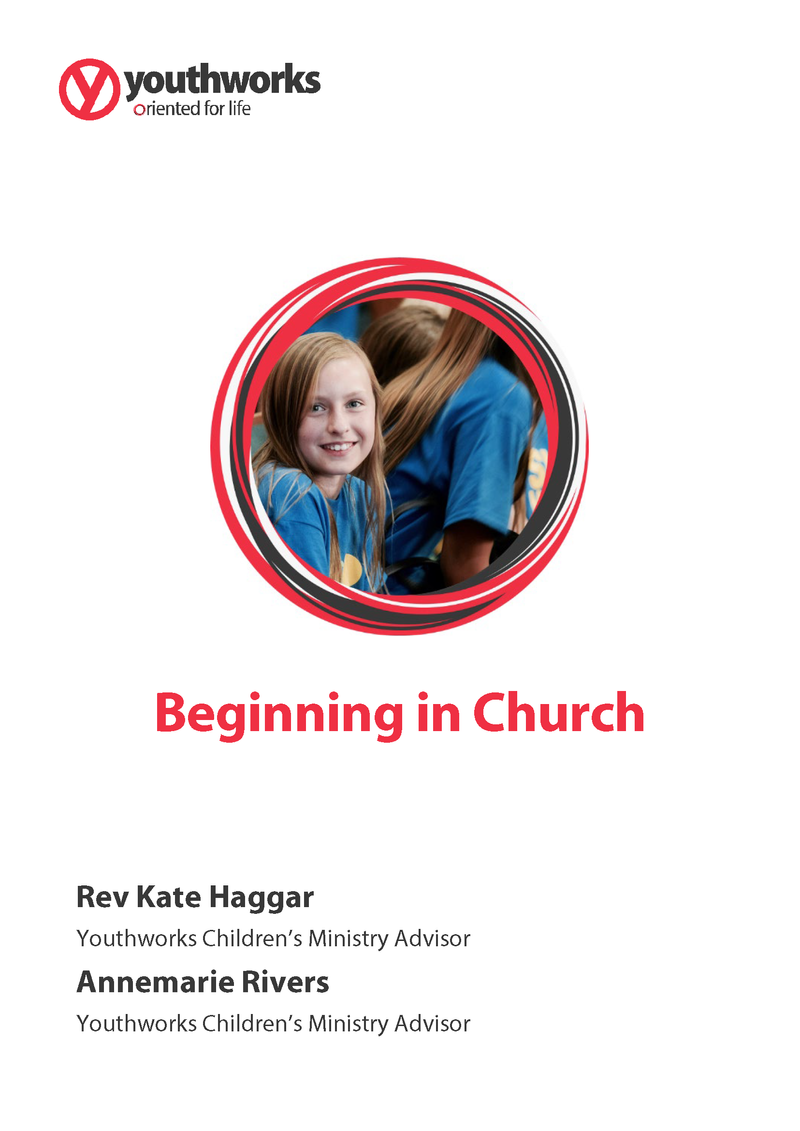
The church is not your village ... it’s something even better
Raising children within the community of faith.
Last week was the annual MU Sydney Seminar at St Andrew’s Cathedral in Sydney and online. It was an encouraging and thought-provoking morning of Bible talks from the Rev Tim Clemens, Rev Dr Dani Treweek and Jocelyn Loane on the topic ‘It takes a village’. (You can still register and watch the talks here.)
As you can guess, the Seminar’s theme alludes to the saying ‘It takes a village to raise a child’, which emphasises the importance of the whole community in child-raising.
All of the speakers agreed that being part of a wider church community is essential for all Christians, including parents and children. But it was also acknowledged that, according to the Bible, the church is not really a ‘village’. It’s something even better.
The church as a body
Tim Clemens began with the observation that it’s not just having a ‘village’ that helps with child-raising, but having a particular kind of village—one that shares our values and is committed to passing them on to the next generation.
Tim went on to explain that the Bible actually doesn’t speak of the church as a village, but rather as a body, the Body of Christ. He focused on Paul’s teaching in 1 Corinthians and Ephesians:
‘Just as a body, though one, has many parts, but all its many parts form one body, so it is with Christ. For we were all baptised by one Spirit so as to form one body—whether Jews or Gentiles, slave or free—and we were all given the one Spirit to drink. Even so the body is not made up of one part but of many.’ (1 Corinthians 12:12–14)
‘ … speaking the truth in love, we will grow to become in every respect the mature body of him who is the head, that is, Christ. From him the whole body, joined and held together by every supporting ligament, grows and builds itself up in love, as each part does its work.’ (Ephesians 4:15–16).
This biblical metaphor helps us to understand the nature of church: we are all members of Christ, our head, united to one another as we are united to him. It also helps us to understand our purpose: church is about building one another up in love, for the glory of Christ. Ideally our churches will be wonderfully supportive communities which help us raise our children, but that’s not their primary goal. The primary goal of a church is to make disciples of Christ and help them grow into his likeness.
Tim Clemens explored Paul’s ‘body parts’ metaphor in more detail, reminding us that every member of Christ’s body needs the church—and the church needs them! It’s our pride that tells us that we don’t need church and our self-pity that tells us that the church doesn’t need us. Falling into one of these traps can mean we stop going to church altogether.
When it comes to raising children in Christ, belonging to a church is vital. But that’s because belonging to a local ‘body’ of believers is vital for all Christians. That’s where we build each other up in love after the likeness of Jesus, our Head. Committing to church as a family shows our children that being united to Christ means being united to the other members of his body. It shows them that they need the church, and the church needs them!
The church as a family
In the second talk of the day, Dani Treweek took us from one biblical image for church to another. Once again, we saw that the church is more than a ‘village’—it’s the family of God.
Dani showed us that from the earliest days, Christians understood that because they were all children of God, they were spiritual siblings, related to one another by the blood of Jesus. We saw how both Peter and Paul continually addressed their fellow believers as ‘brothers and sisters’, even when they had never met.
But the most insightful part of Dani’s talk was her exploration of what siblinghood really meant at the time of Jesus and the early church.
Dani quoted Joseph Hellerman, author of the book When the Church Was a Family (B&H Academic, 2009):
‘Among those who belong to the same generation in the world of Mediterranean antiquity, the closest family tie was not the contractual relationship between husband and wife. It was the blood relationship between siblings … the strongest ties of loyalty and affection in the New Testament world were ideally those shared among a group of brothers and sisters. The emotional bonding modern Westerners expect as a mark of a healthy husband–wife relationship was normally characteristic of sibling relationships. (p. 37–38)
Dani gave the example of Mary, Martha and Lazarus, who demonstrate the closeness that siblings shared, especially at the time of Lazarus’ illness and death (recorded in John 11). It is not the grief of a parent, a child or a wife that moves Jesus to tears, but the grief of Lazarus’ sister. We might also consider how siblings such as Simon and Andrew, James and John, worked together in a family business, with common goals and values and a common identity.
This all helps us to understand why it is that we call one another ‘brother and sister’ within the church. It is no mere platitude, but a profound statement of intimacy and belonging, of mutual responsibility and care, of shared identity and mission. We may also have other earthly relationships with one other—we may come to church as husbands and wives, parents and children. Yet, as Dani reminded us, before we are any of those other things to one another, we are brothers and sisters in Christ. And this is the only relationship that will endure to eternity.
So, as we bring our earthly families into our local church, let’s remember that it’s not just a ‘village’ for helping to raise our children (although ideally it will be that). It’s also the Body of Christ, where we all have a part to play in helping others grow into the likeness of Jesus. And it’s the family of God, where the deepest, strongest bond we all share is being children of God and brothers and sisters of one another. Now that’s the kind of community I want my kids to be part of!
Next time, we'll bring you an excerpt from Jocelyn Loane's talk about raising children in the 'village' or family of God.

Beginning in Church
In many churches across Australia, services begin with both children and adults together before they separate for age-specific programs. As a ministry leader, how can you make the most of this? Created by Youthworks Ministry Support, this paper will help you explore the purpose of your church services as you consider where children ‘fit’ and how beginning your time together can be meaningful and effective in growing disciples of all ages.
For more articles from Growing Faith, subscribe to our monthly e-newsletter.
To hear about the latest books and resources from Youthworks Media, subscribe here.








